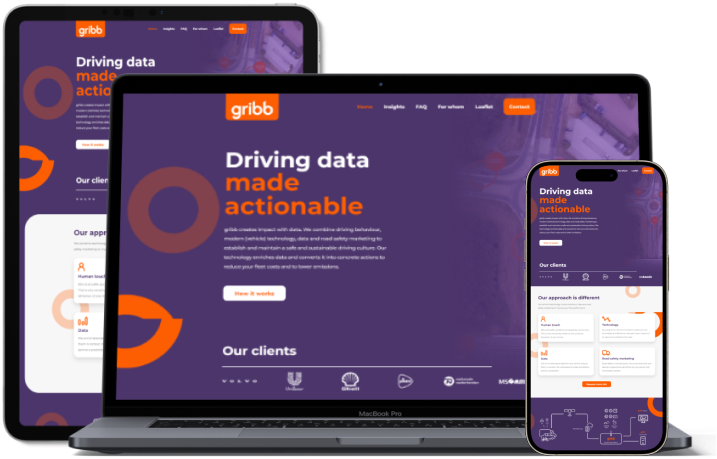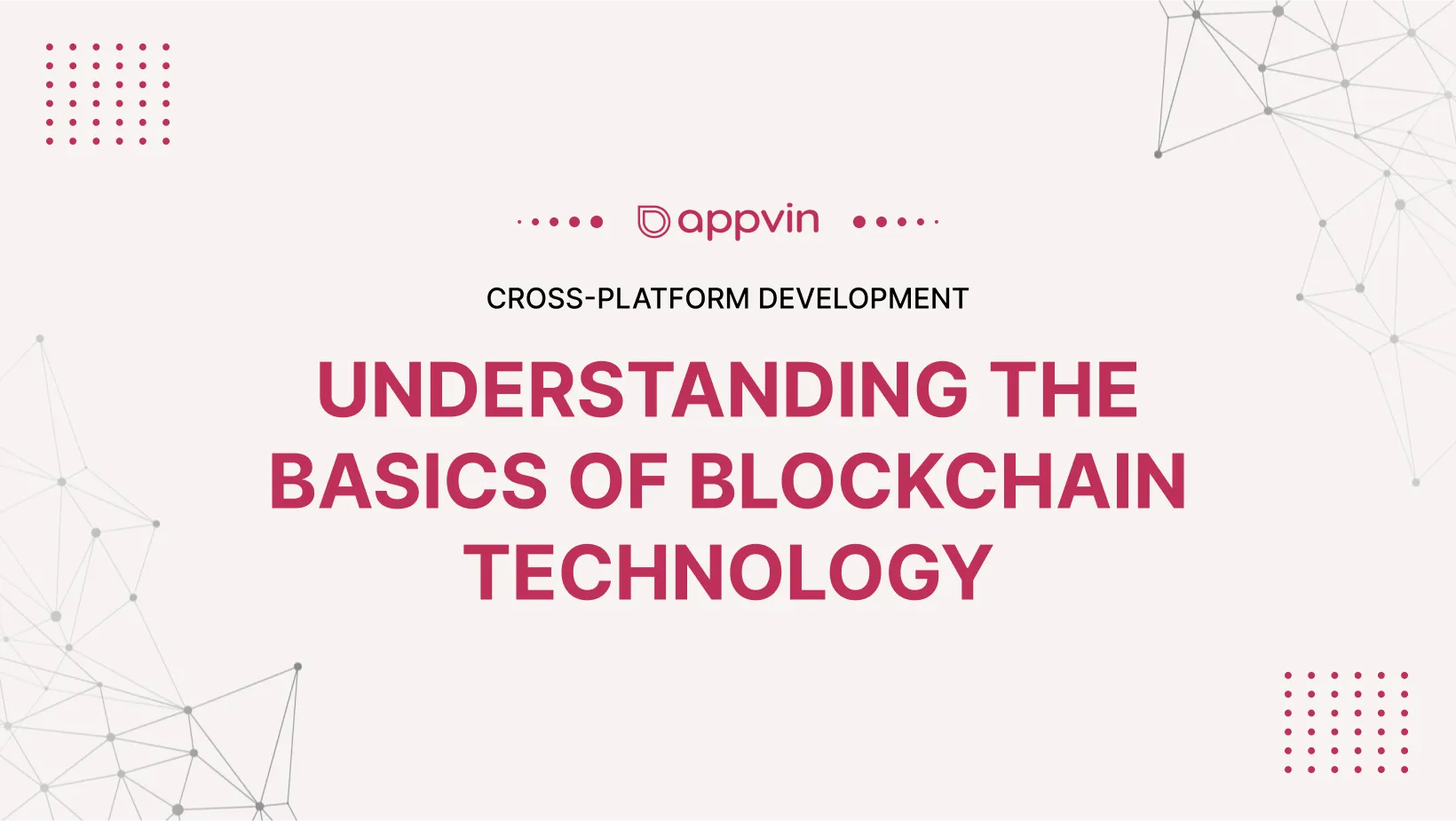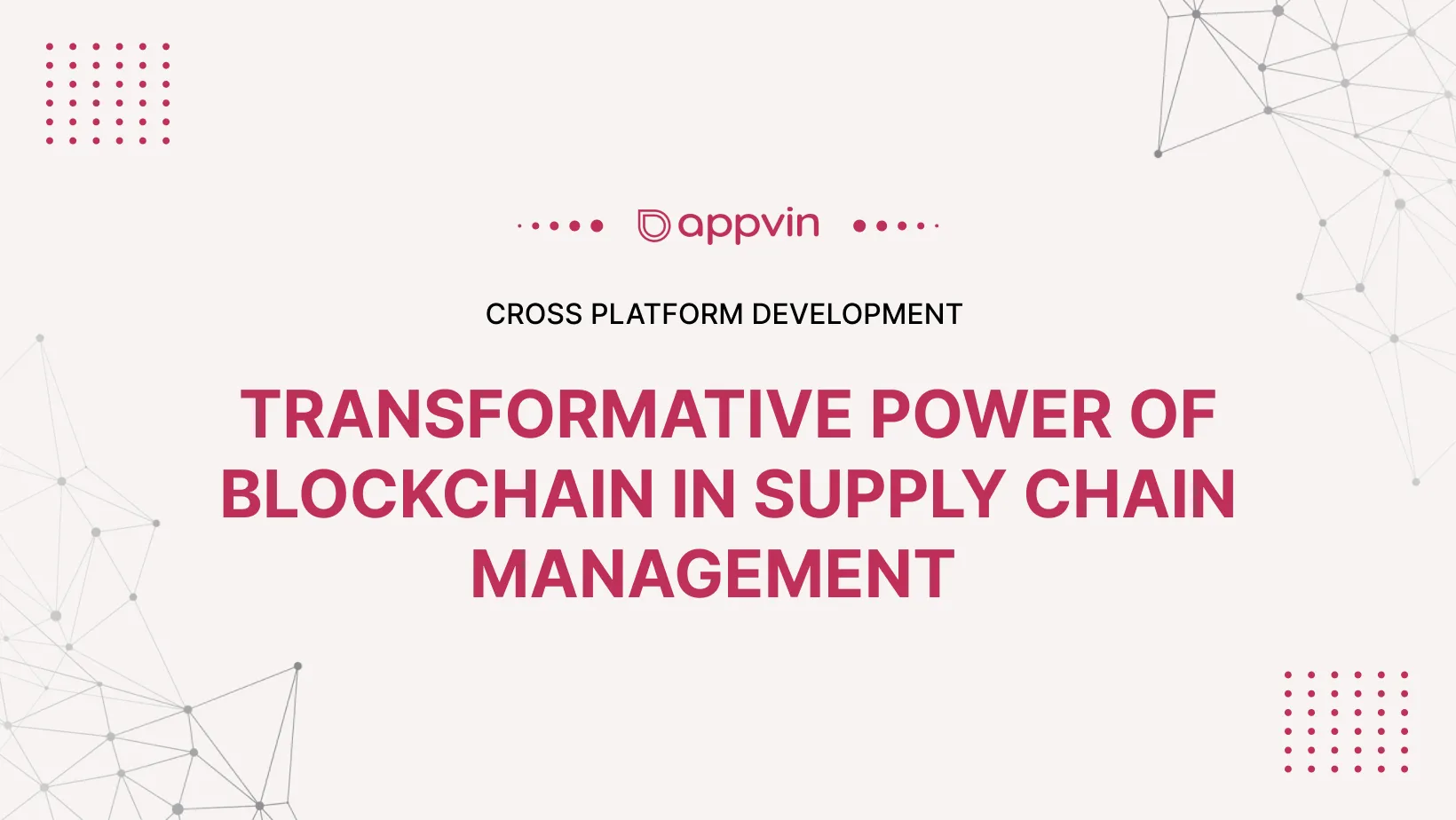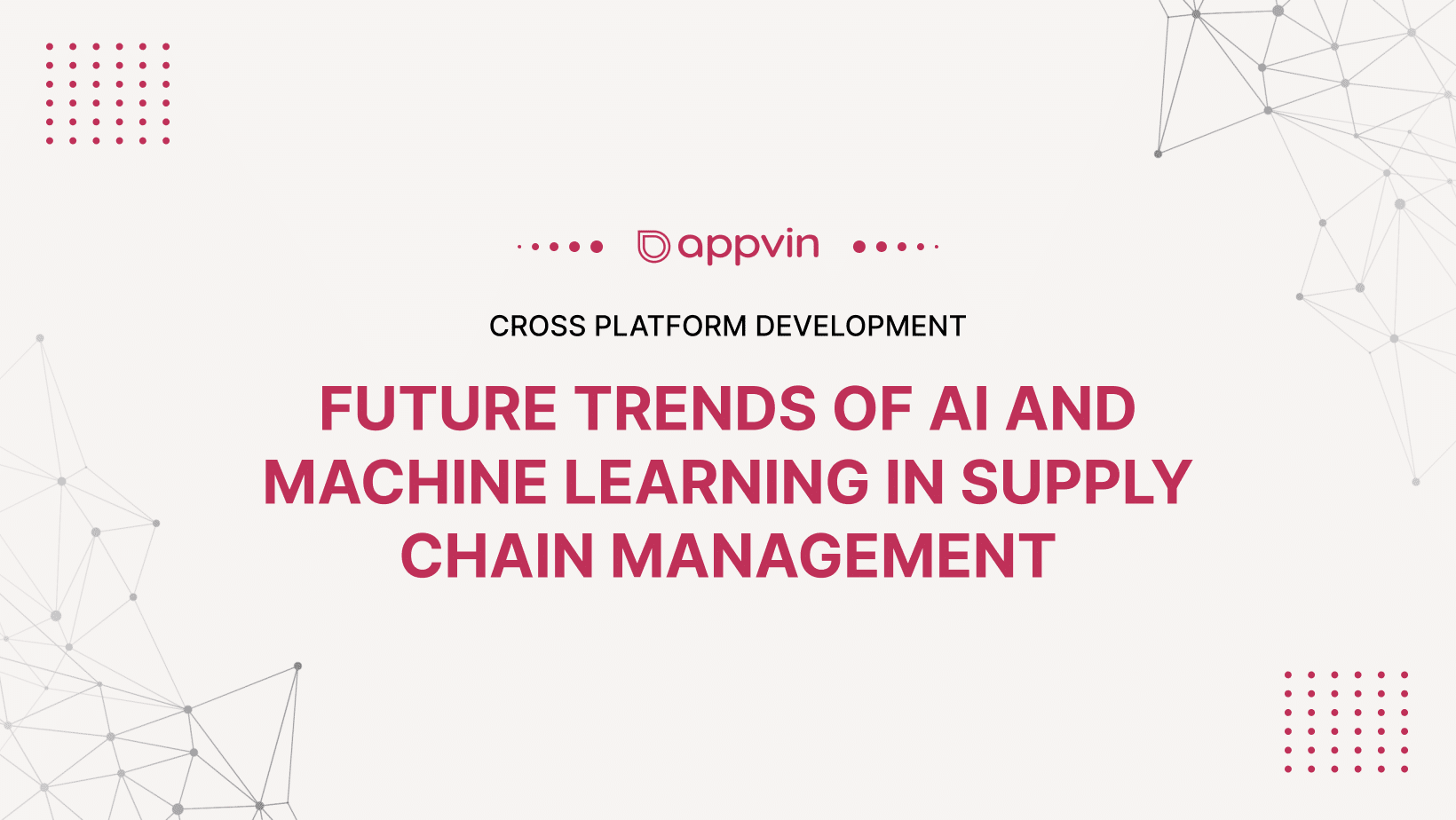Generative AI, the technology capable of creating entirely new data (text, code, images, music, etc.), is on the cusp of fundamentally reshaping the work landscape. As its capabilities evolve, its impact will be felt across industries, altering how we perform tasks, the skill sets we need, and the roles we perform. While some anxieties around widespread job displacement exist, a deeper look reveals a more nuanced picture: one of human-AI collaboration, reskilling, and the emergence of new opportunities.
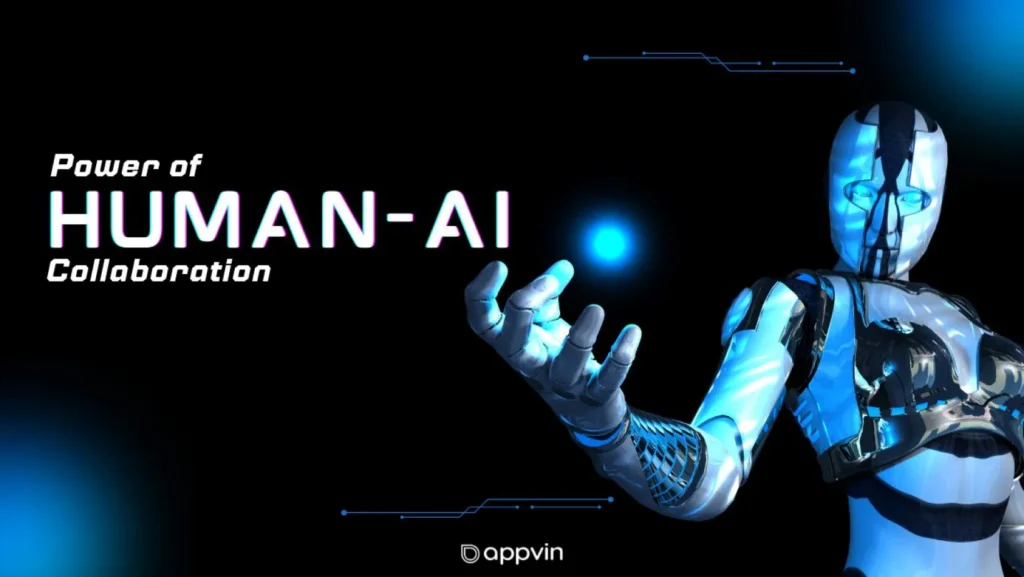
Augmentation, not Replacement: The Power of Human-AI Collaboration
While automation has historically been associated with job displacement, generative AI presents a unique opportunity for human augmentation. Unlike traditional automation tools focused on replicating specific actions, generative AI can act as a powerful partner:
Increased Efficiency and Productivity:
Repetitive tasks like data entry, report generation, and scheduling can be handled efficiently by AI, thereby freeing up human workers to dedicate time to higher-level tasks requiring judgment, creativity, and emotional intelligence. Consequently, envision doctors using AI-powered tools to analyze medical data and generate preliminary diagnoses, allowing them to focus on building rapport with patients and making crucial clinical decisions.
Enhanced Creativity and Innovation:
In creative fields like design, copywriting, and music composition, AI can act as a brainstorming partner, suggesting novel ideas and variations to spark human creativity. Consequently, envision a graphic designer collaborating with AI to generate different design options. Subsequently, they can then select the best one and refine it to their vision.
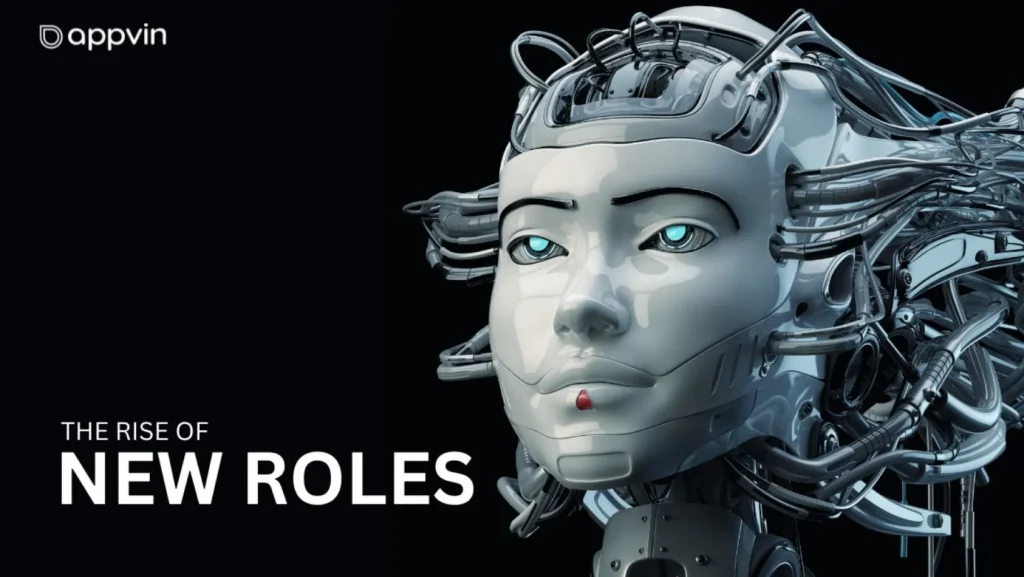
Beyond Automation: The Rise of New Roles
While some jobs may be reshaped or even replaced, the emergence of generative AI will also create entirely new roles and opportunities:
AI Trainers and Curators:
As generative AI models become more complex, specialized professionals must train, guide, and curate their outputs. Consequently, this ensures the accuracy, ethical alignment, and adherence to specific goals of the AI’s outputs. These individuals play a crucial role in shaping and refining the outcomes generated by advanced generative AI models.
Human-AI Interaction Designers:
The seamless integration of AI into workflows will require specialists to design intuitive user interfaces and user experiences. Consequently, these experts will enable effective and efficient collaboration between humans and AI, ensuring clear communication and avoiding potential misunderstandings.
AI Ethicists and Policymakers:
As generative AI’s capabilities expand, robust ethical frameworks and regulations will be needed to govern its development and use. Consequently, this will create opportunities for professionals specializing in AI ethics and policy development. These experts will play a pivotal role in ensuring the responsible and beneficial application of this evolving technology.
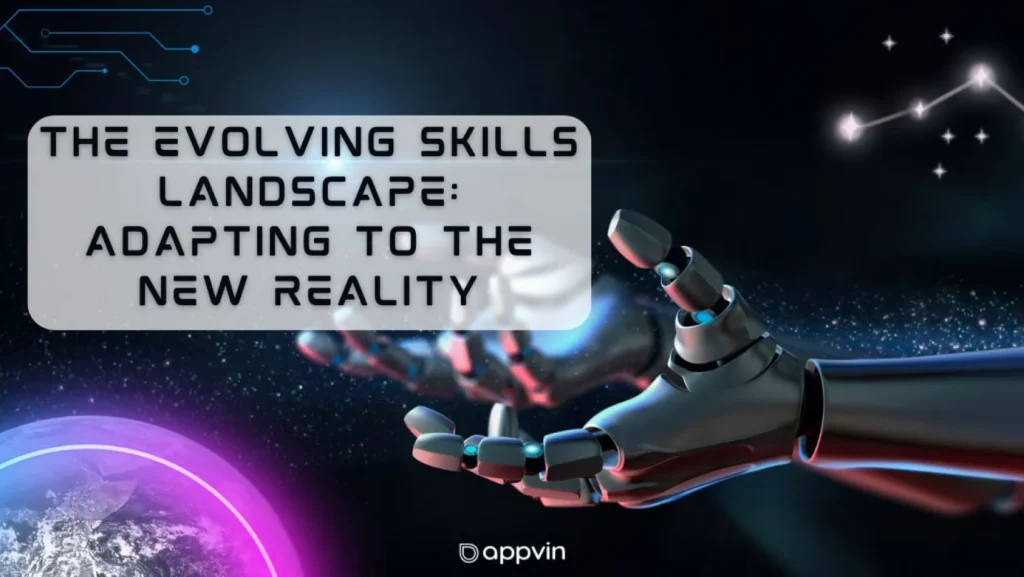
The Evolving Skills Landscape: Adapting to the New Reality
To thrive in the age of generative AI, individuals will need to cultivate a specific set of skills:
Technical Literacy:
Even in non-technical roles, a basic understanding of AI principles, capabilities, and limitations will be valuable. Consequently, this knowledge will enable individuals to interact with AI tools effectively, collaborate with colleagues who leverage them, and advocate for themselves in an AI-driven workplace.
Critical Thinking and Problem-Solving:
With the integration of AI handling routine tasks, human workers are compelled to pivot towards addressing complex problems. Additionally, analyzing data to extract insights and drawing meaningful conclusions becomes paramount. This demands the application of critical thinking, the ability to identify patterns, and making decisions based on well-informed judgment.
Communication and Collaboration:
Effectively communicating with both humans and AI systems and seamlessly collaborating in diverse teams will continue to be crucial for success. Building strong interpersonal skills and mastering the art of clear communication will be essential for navigating complex work environments.
Adaptability and Continuous Learning:
Given that technological change will only accelerate, individuals must be both willing and able to continuously learn and adapt their skill sets throughout their careers. This imperative highlights the importance of cultivating a growth mindset, maintaining a commitment to lifelong learning, and embracing new challenges and opportunities.
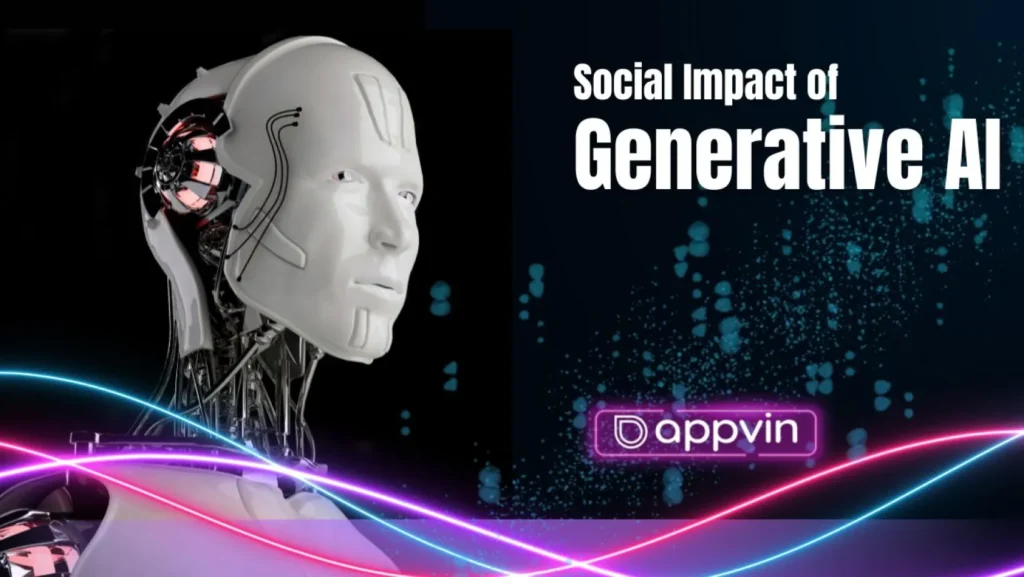
Beyond the Workplace: The Societal Impact of Generative AI
The impact of generative AI will extend beyond the confines of the traditional workplace, influencing various aspects of society:
Personalized Experiences:
Generative AI can personalize products and services to individual preferences, thereby fostering a more tailored and enriching user experience across various sectors. Picture an e-commerce platform leveraging AI to recommend products based on personal browsing history and preferences. This not only enhances user engagement but also creates a more efficient and personalized shopping experience.
Enhanced Creativity and Innovation:
By freeing humans from specific tasks and providing them with powerful analytical tools, generative AI has the potential to catalyze human creativity and innovation across various fields. For example, envision researchers employing AI to analyze vast scientific data sets and generate new hypotheses, thus expediting scientific discovery and innovation.
Evolving Social Dynamics:
The escalating use of AI in everyday life prompts questions about the future of human interaction and collaboration. In light of this, addressing concerns regarding potential job displacement and privacy becomes crucial. It is imperative to ensure that AI technologies are used responsibly and ethically, aiming to minimize potential negative societal impacts.
In addition to the impacts previously mentioned, AI is set to induce several other noteworthy changes in various aspects of our lives and industries:
Healthcare Revolution:
Precision Medicine:
AI is at the forefront of transforming healthcare, particularly in the customization of medical treatments for individual patients. This involves leveraging detailed insights from their genetic makeup and health history to enhance precision and effectiveness.
Disease Prediction:
Advanced AI algorithms will analyze vast datasets to predict and prevent diseases, enabling proactive healthcare measures.
Environmental Sustainability:
Climate Modeling:
AI-powered simulations and models will aid in predicting and mitigating the impacts of climate change, assisting in the development of sustainable solutions.
Energy Optimization:
AI algorithms will optimize energy consumption in various sectors, contributing to more efficient and sustainable practices.
Personalized Learning in Education:
Adaptive Learning Platforms:
AI will personalize educational experiences, adapting content and pace to individual learning styles, enhancing student engagement and understanding.
Intelligent Tutoring Systems:
AI-driven tutors will provide real-time feedback and support, catering to the unique needs of each student.
Smart Cities and Urban Planning:
Traffic Management:
AI will optimize traffic flow, reducing congestion and emissions in urban areas through real-time data analysis.
Infrastructure Maintenance:
Predictive analytics powered by AI will aid in timely maintenance of city infrastructure, improving overall urban resilience.
Entertainment and Content Creation:
AI-Generated Content:
In the entertainment industry, AI will contribute to the creation of music, art, and even scriptwriting, introducing novel forms of artistic expression.
Content Recommendations:
AI algorithms will enhance personalized content recommendations, offering users more tailored and enjoyable entertainment experiences.
Financial Inclusion and Accessibility:
AI-Powered Banking Services:
AI will facilitate more accessible and inclusive financial services, offering personalized advice and solutions to a broader spectrum of individuals.
Fraud Detection:
Advanced AI algorithms will strengthen cybersecurity measures, detecting and preventing fraudulent activities in the financial sector.
Supply Chain Optimization:
Predictive Inventory Management:
AI will optimize supply chains by predicting demand patterns, reducing excess inventory, and minimizing waste.
Logistics Efficiency:
AI-driven route optimization and predictive maintenance will enhance the efficiency of transportation and logistics networks.
Humanitarian Aid and Disaster Response:
Rapid Response Systems:
AI will enable quicker and more efficient disaster response by analyzing real-time data to identify affected areas and allocate resources promptly.
Aid Distribution:
AI algorithms will optimize the distribution of humanitarian aid, ensuring timely assistance to those in need during crises.
Conclusion
The future of work requires human-AI collaboration. AppVin Technologies spearheads this vision, creating that augments human creativity. Their natural language models ethically co-create with professionals, synthesizing ideas while maintaining human oversight. AppVin champions responsible AI development, leading by example to shape a workforce where machines amplify productivity without displacing roles. Their human-centric approach drives innovation – a future where humans and AI mutually thrive.
FAQs
Q. Will generative AI take my job?
Generative AI might automate specific repetitive or data-heavy tasks within your job. However, complete job displacement is unlikely. View AI as a tool that enhances your work, liberating you for more creative, strategic, and human-centric tasks that demand critical thinking, social skills, and emotional intelligence.
Q. What kind of jobs will generative AI create?
Generative AI is expected to create new jobs in fields like AI development, data analysis, and ethical oversight of AI systems. Additionally, new roles will emerge in areas like AI training and customization, human-AI collaboration, and the development of responsible AI practices.
Q. How can I prepare myself for a future with generative AI?
Focus on developing skills complementing AI, such as critical thinking, problem-solving, creativity, communication, and collaboration. Additionally, upskilling in data analysis, AI literacy, and digital fluency will be valuable assets in an AI-powered future.
Q. Will generative AI make work more accessible or more complex?
Generative AI has the potential to simplify routine tasks, freeing up time for more complex work. However, it could also introduce new layers of complexity, requiring adaptation and learning new skills to work effectively with AI tools.
Q. Who will be responsible for the decisions of generative AI in the workplace?
This is a developing ethical question. Ultimately, the responsibility for decisions made by AI systems will likely lie with a combination of factors, encompassing the developers, the organizations deploying the AI, and the individuals using it. Consequently, establishing clear guidelines and ethical frameworks surrounding AI use will be crucial in shaping the future of work.


